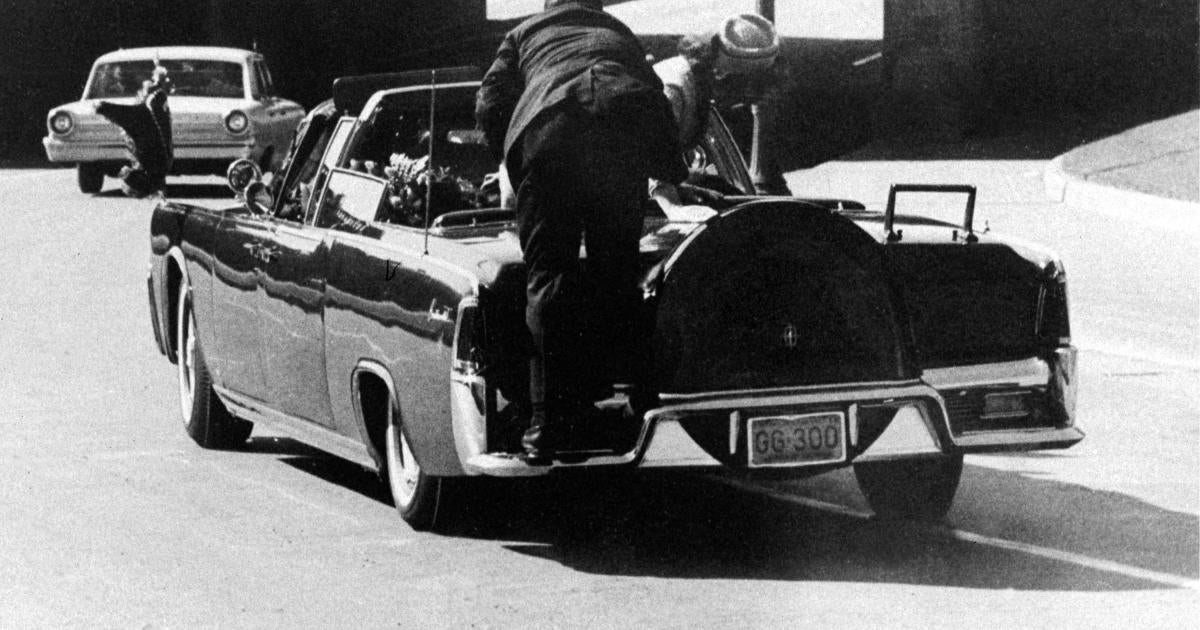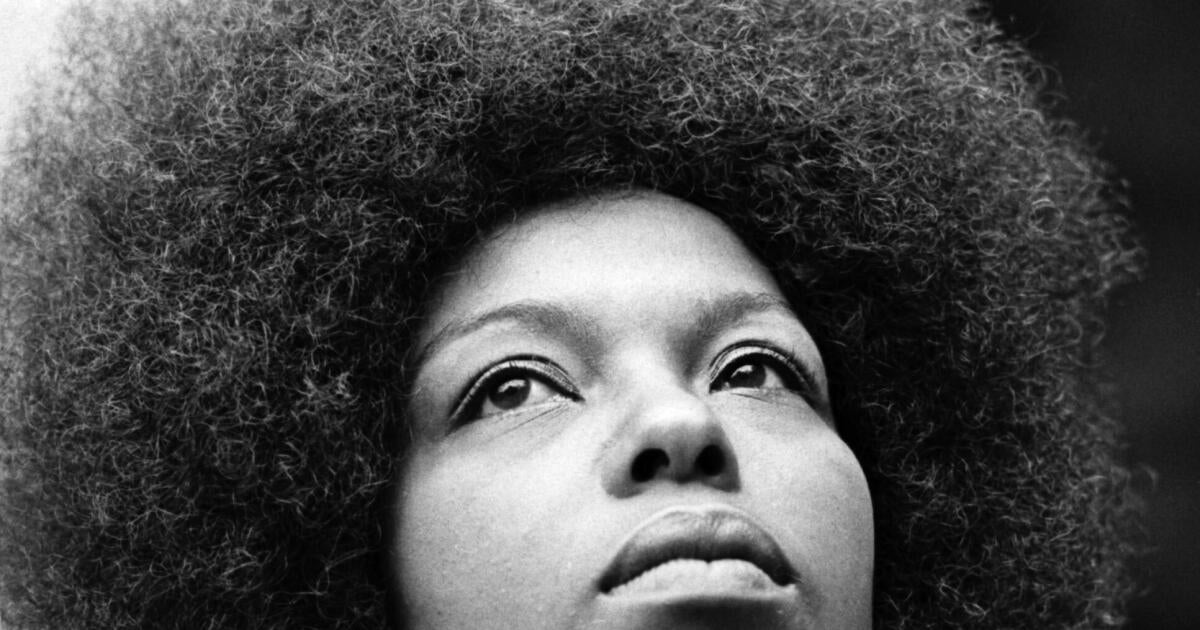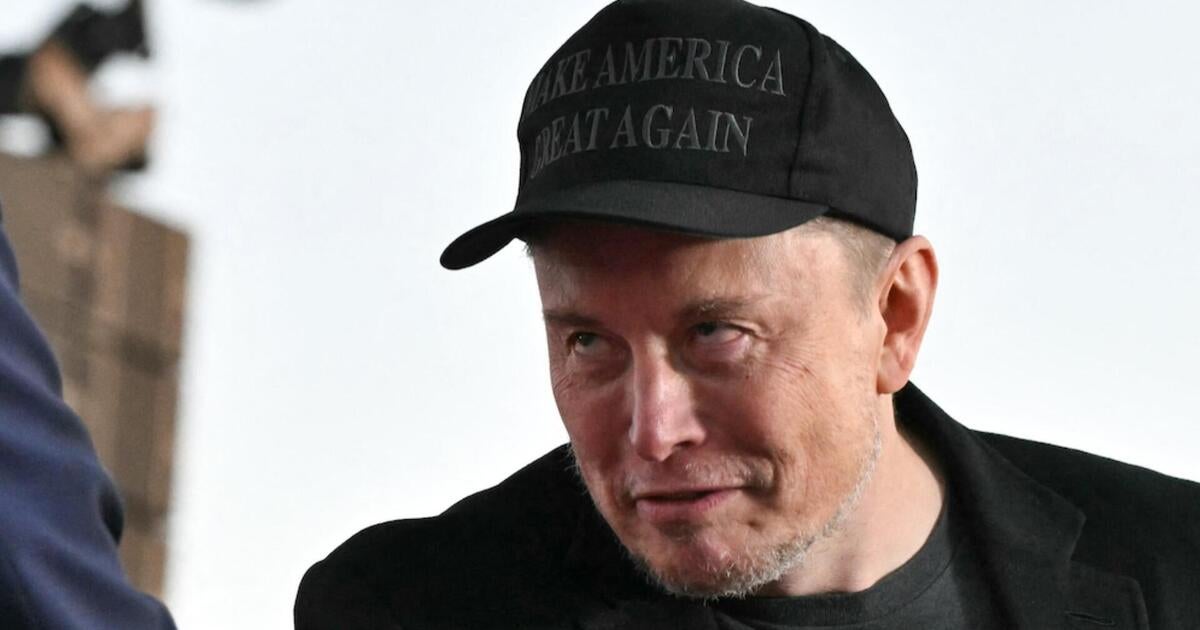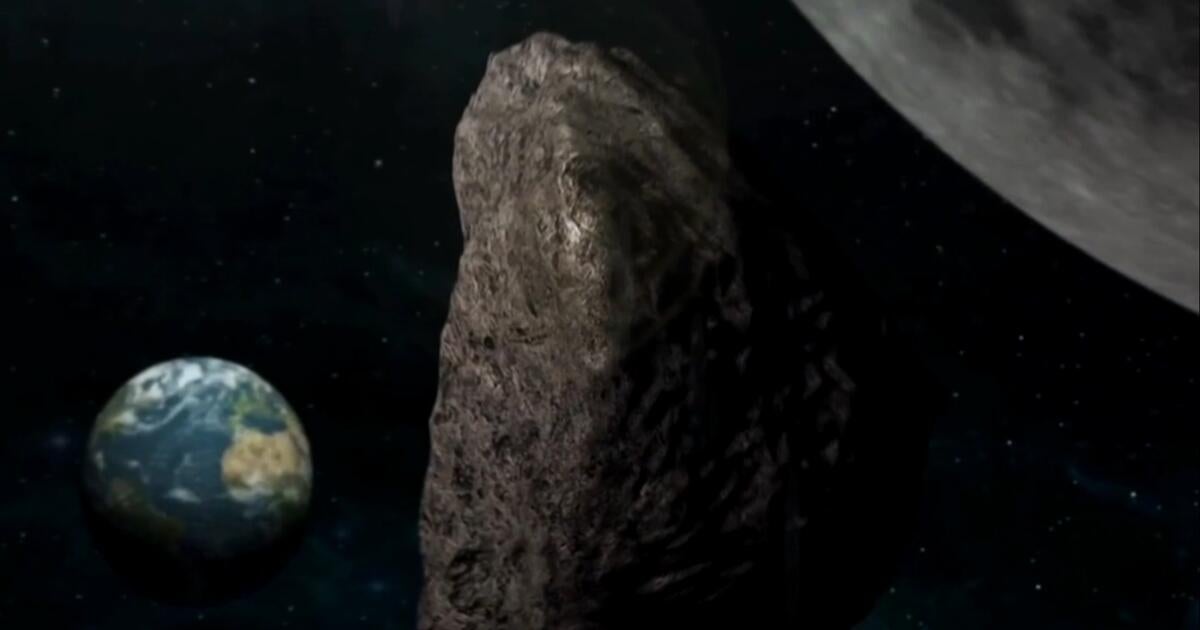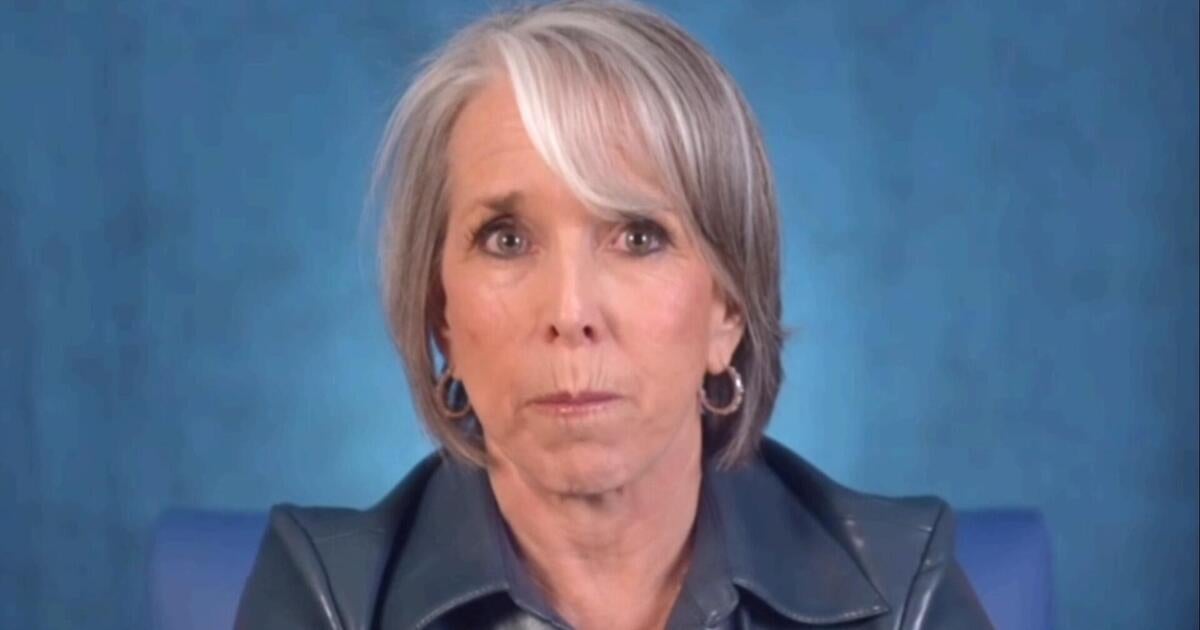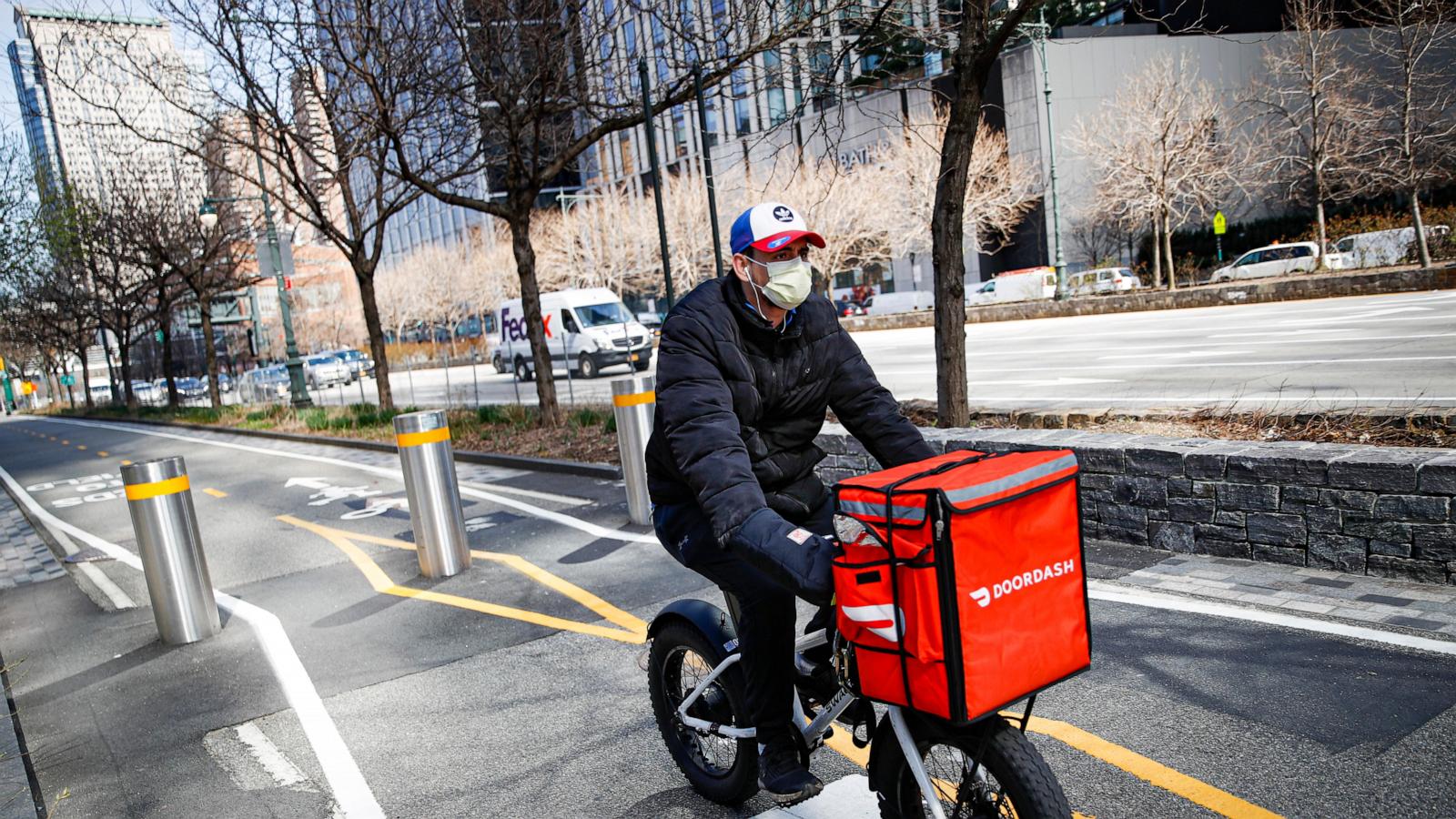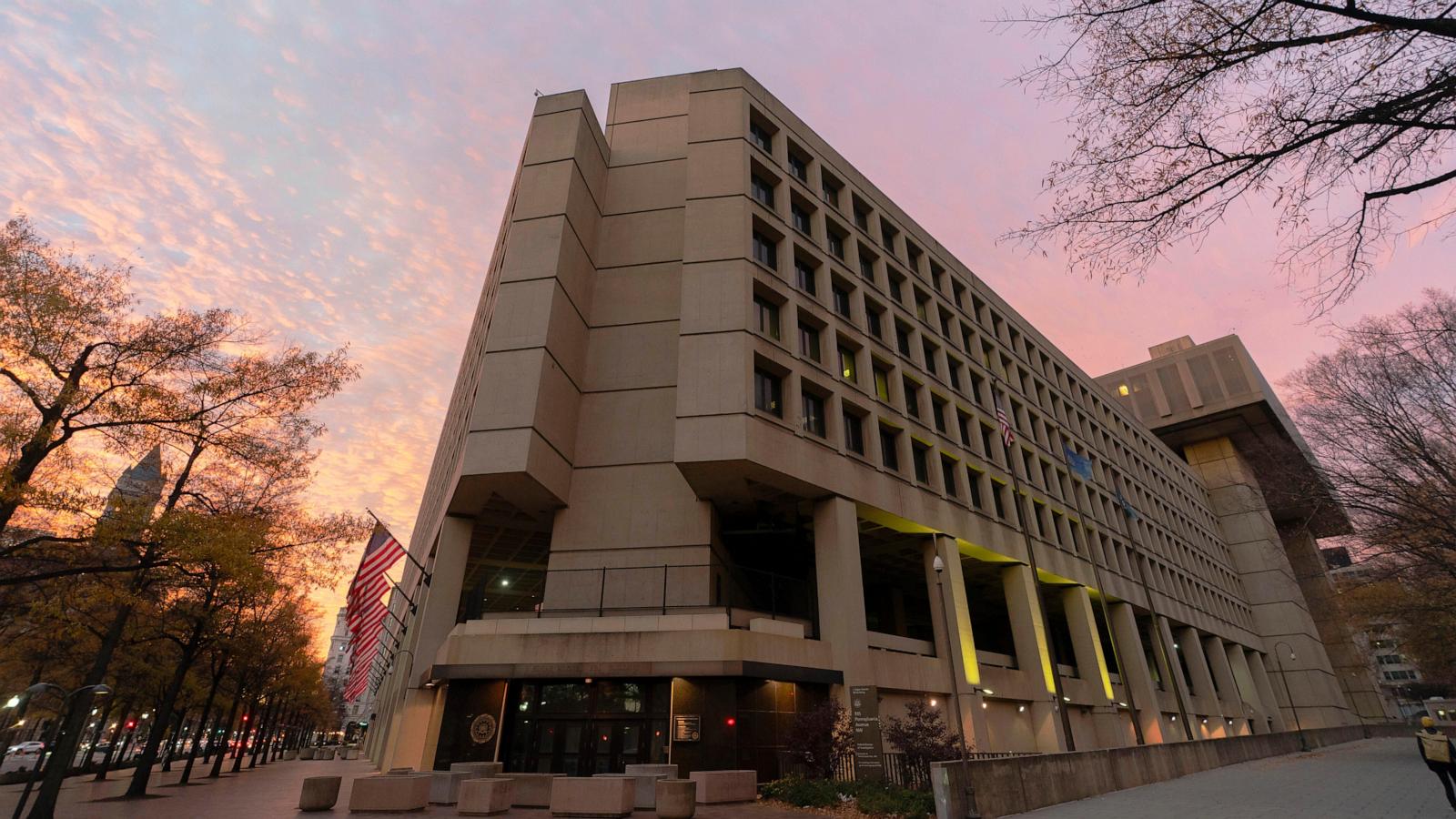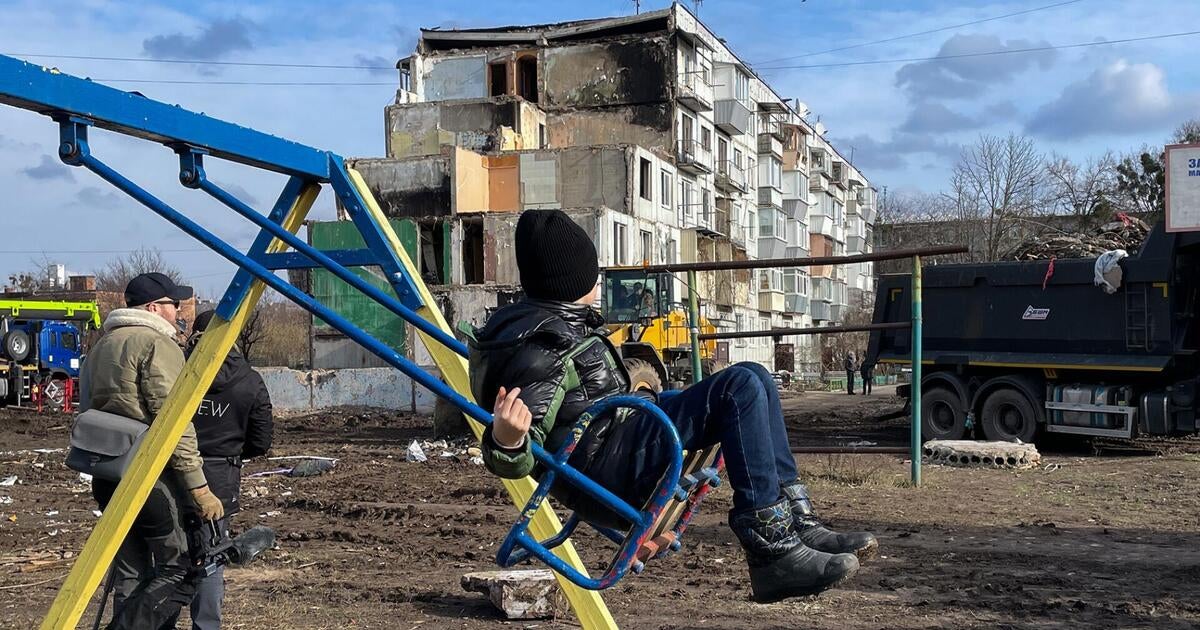February 24, 2025 / 2:16 PM EST
/ CBS/AP
How JFK’s assassination changed the nation
Clint Hill, the Secret Service agent who leaped onto the back of President John F. Kennedy’s limousine after the president was shot, then was forced to retire early because he remained haunted by memories of the assassination, died Friday. He was 93.
Hill died at home in Belvedere, California, his publisher said. A cause of death was not given.
Although few may recognize his name, the footage of Hill, captured on Abraham Zapruder’s chilling home movie of the assassination, provided some of the most indelible images of Kennedy’s assassination in Dallas on Nov. 22, 1963.
Hill received Secret Service awards and was promoted for his actions that day but for decades blamed himself for Kennedy’s death, saying he didn’t react quickly enough and would gladly have given his life to save the president.
“If I had reacted just a little bit quicker. And I could have, I guess,” a weeping Hill told Mike Wallace on CBS’ “60 Minutes” in 1975, shortly after he retired at age 43 at the urging of his doctors. “And I’ll live with that to my grave.”
It was only in recent years that Hill said he was able to finally start putting the assassination behind him and accept what happened. Last year, CBS News correspondent Seth Doane asked Hill if he still blames himself.
“Well, maybe there was something I could have done,” Hill said. “I don’t know anymore.”
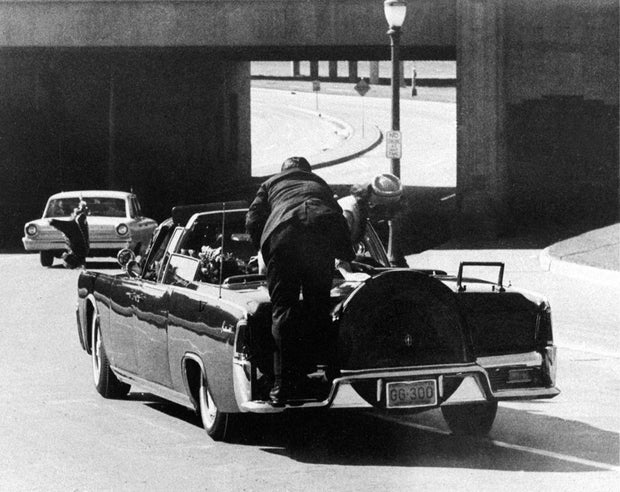
AP Photo/Ike Altgens
Hill said he still hasn’t completely forgiven himself.
“My dad drilled into me that when you’re given an assignment to do, you do it ’till it’s fully finished,” Hill told Doane. “I had an assignment to keep the president and Mrs. Kennedy alive. I only kept one of them alive. One died on my watch.”
First lady Jacqueline Kennedy was riding on the left running board of the follow-up car directly behind the presidential limousine as it made its way through Dealey Plaza.
Hill told the Warren Commission that he reacted after hearing a shot and seeing the president slump down in his seat. The president was struck by a fatal headshot before Hill was able to make it to the limousine.
Zapruder’s film captured Hill as he leaped from the Secret Service car, grabbed a handle on the limousine’s trunk and pulled himself onto it as the driver accelerated. He forced Mrs. Kennedy, who had crawled onto the trunk, back into her seat as the limousine sped off.
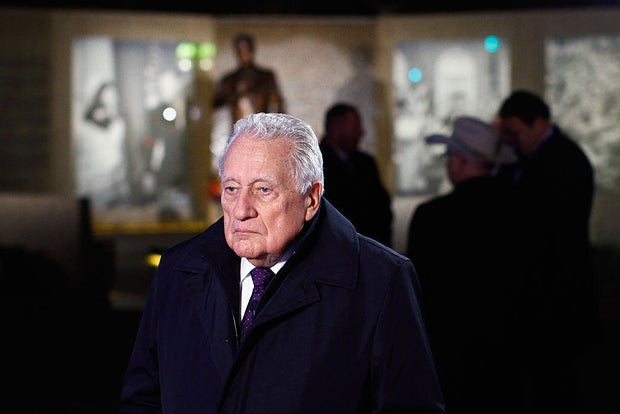
Tom Pennington / Getty Images
Hill later became the agent in charge of the White House protective detail and eventually an assistant director of the Secret Service, retiring because of what he characterized as deep depression and recurring memories of the assassination.
The 1993 Clint Eastwood thriller “In the Line of Fire,” about a former Secret Service agent scarred by the JFK assassination, was inspired in part by Hill.
Hill was born in 1932 and grew up in Washburn, North Dakota. He attended Concordia College in Moorhead, Minnesota, served in the Army and worked as a railroad agent before joining the Secret Service in 1958. He worked in the agency’s Denver office for about a year, before joining the elite group of agents assigned to protect the president and first family.
Since his retirement, Hill has spoken publicly about the assassination only a handful of times but the most poignant was his 1975 interview with Wallace, during which Hill broke down several times.
“If I had reacted about five-tenths of a second faster, maybe a second faster, I wouldn’t be here today,” Hill said.
“You mean you would have gotten there and you would have taken the shot?” Wallace asked.
“The third shot, yes, sir,” Hill said.
“And that would have been all right with you?”
“That would have been fine with me,” Hill responded.
Hill was 43 and recently retired when he did his 1975 interview with Wallace. Twenty years after that, Wallace wrote to Hill and asked for another interview. Hill wrote a letter back to Wallace.
“My interview with you on ’60 Minutes’ in 1975 turned into much more of an emotional experience than I thought possible,” Hill wrote at the time. “It did turn out to be a cathartic experience for me and helped me release feelings that had been pent up for a long time.”
In his 2005 memoir, “Between You and Me,” Wallace recalled his interview with Hill as one of the most moving of his career.
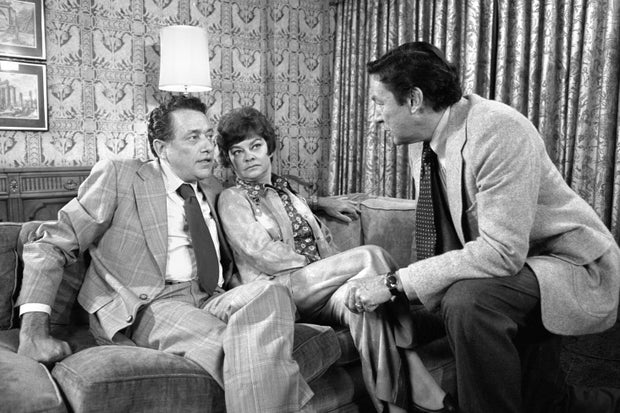
Photo by CBS via Getty Images
In 2006, Wallace and Hill reunited on CNN’s “Larry King Live,” where Hill credited that first “60 Minutes” interview with helping him finally start the healing process.
“I have to thank Mike for asking me to do that interview and then thank him more because he’s what caused me to finally come to terms with things and bring the emotions out where they surfaced,” he said. “It was because of his questions and the things he asked that I started to recover.”
Decades after the assassination, Hill co-authored several books about his Secret Service years with Lisa McCubbin Hill, whom he married in 2021.
“We had that once-in-a-lifetime love that everyone hopes for,” McCubbin Hill said in a statement. “We were soulmates.”
Clint Hill also became a speaker and gave interviews about his experience in Dallas. In 2018, he was given the state of North Dakota’s highest civilian honor, the Theodore Roosevelt Rough Rider Award. A portrait of Hill adorns a Capitol gallery of fellow honorees.
A private funeral service will be held in Washington, D.C., on a future date.

